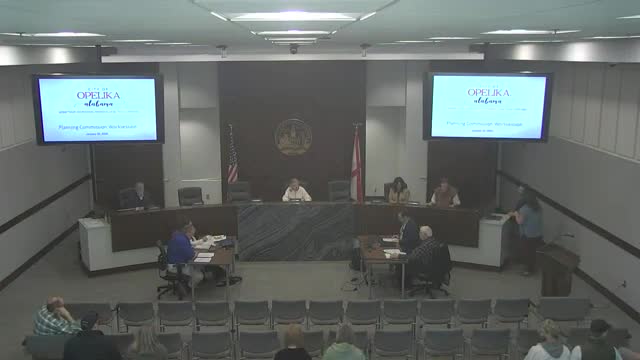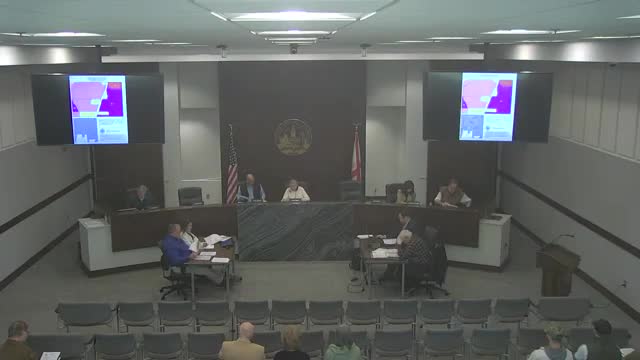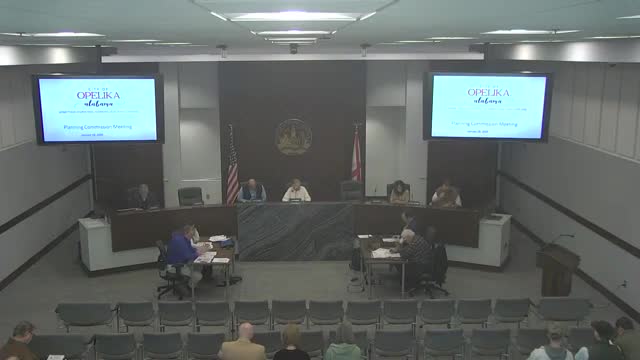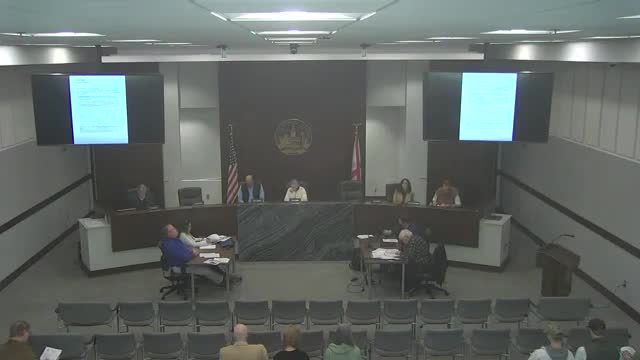Article not found
This article is no longer available. But don't worry—we've gathered other articles that discuss the same topic.

Planning commission elects officers; developer withdrawals remove two agenda items

Planning commission backs rezoning and future land-use change for Scidel Road property

Planning commission approves garage apartment on South Eighth Street

